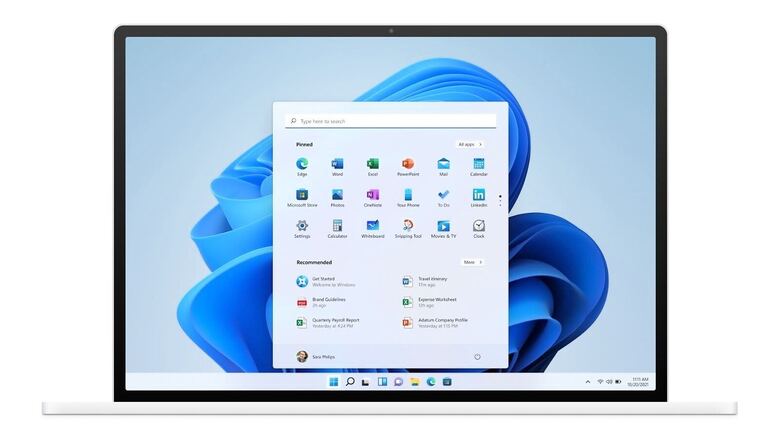
views
Microsoft earlier this year announced the next generation of Windows, Windows 11. Since its announcement, Windows 11 has been available to Windows Insiders and developers for testing purposes. Now, Microsoft has announced that Windows 11 will be rolled out to general public on October 5. The company said that Windows 11 will come as a free upgrade to Windows 10 users next month. Microsoft said that the upgrade will roll out in phases and new eligible devices will be offered the upgrade first, then Windows 11 will become available for more in-market devices following October 5. In the blog post announcing the October 5 rollout, Microsoft said that the free upgrade will reach all eligible devices by mid 2022.
While the next generation of Windows will be launched on October 5, not all features of Windows 11 will be made available. The most anticipated feature, which allows Windows 11 to run Android apps won’t be available on October 5. A preview of the feature, however, will be available for Windows Insiders in the coming months. It will, however, bring other features to Windows PCs like a new Start menu, Snap Layouts, Snap Groups and Desktops, Teams integration within the task bar, new Widgets, a new personalised feed, and more. Windows 11 also comes with a new Microsoft Store design and comes with a redesigned UI, along with several minor improvements.
Microsoft recently clarified the system requirements for Windows 11 last week. Microsoft has set three main requirements for a PC to successfully run Windows 11. These are – a 64-bit 1GHz processor or faster, at least 4GB of RAM, and 64GB of storage. The computer also needs a DirectX 12 compatible graphics are and support for TPM 2.0. The change that Microsoft announced last week is related to the CPU requirement. Initially, Microsoft had said that only processors introduced after 2017 could run Windows 11, which may have upset multiple users who still have PCs with older but still capable processors. Microsoft has now said that Windows 11 will still be released with the same recommendations, but won’t require a compatible CPU for the update. This means that anyone can try to install Windows 11 on any PC with 4GB of RAM and 64GB of free storage, but it is not guaranteed to work.
In case your PC is still not able to run Windows 11, Microsoft is still supporting Windows 10 until October 14, 2025. It is not clear how many major updates Windows 10 will get after the Windows 11 rollout, but a 21H2 update is set to arrive later this year.
Read all the Latest News, Breaking News and Assembly Elections Live Updates here.




















Comments
0 comment